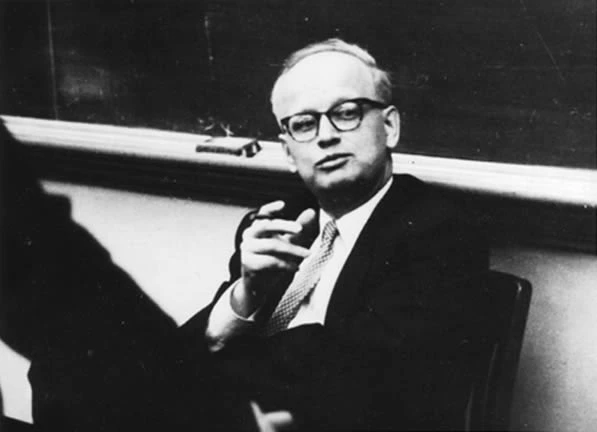K. William Kapp archive
Kapp Research Center
Karl William Kapp (1910-1976) was one of the forefathers of Ecological Economics. Influenced by the Frankfurt School, Institutionalist Economics and Pragmatist Philosophy, he contributed to debates on the social costs of production, economic planning, sustainable development and epistemology. His systematic analysis of the social costs of production, which goes beyond presenting environmental disruption as isolated and external effects (dubbed "externalities"), is perhaps the most famous and relevant contribution to economic theory, arguing for the need for the rational planning of production, rather than just ex-post measures like fines and taxes.
This archive contains open access copies of most of his written work, including his books.
Comment from our editors:
This archive is of interest for anyone looking for research and teaching material on Institutional Economics, Ecological Economics, Development Economics and History of Economic Thought. It includes important writings on social costs and the environment, sustainable development, the unification of social sciences, economic planning and the teaching of economics. Kapp was an influential thinker of his time and participated not only in academic debates but also in policy-making. However, the ascension of the economic orthodoxy led him to be added to the long list of relevant economists most economics students have never heard about. His approach is particularly relevant for those interested in environmental policy.
Go to: K. William Kapp archive

